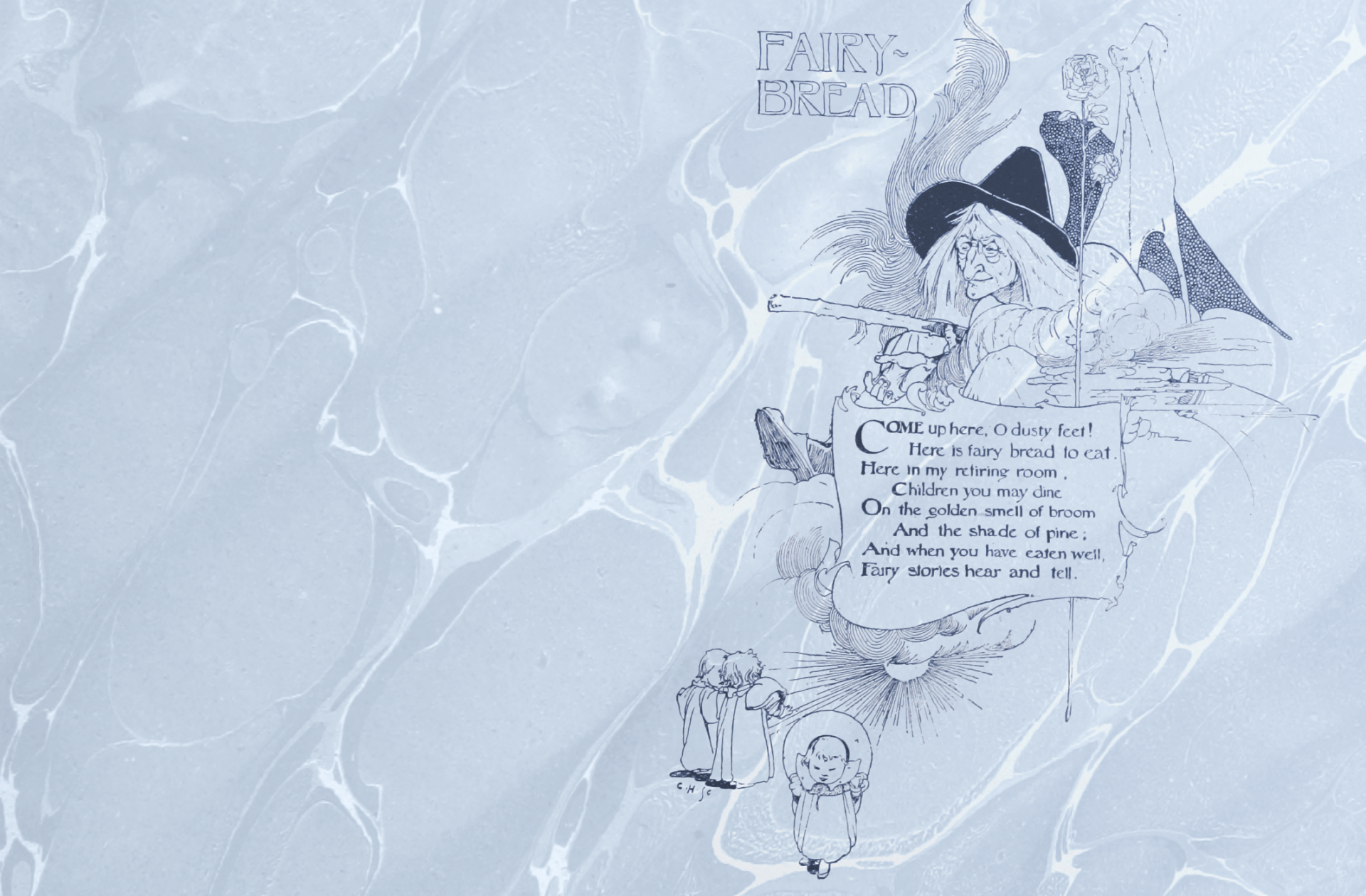
I Wrote (Another) Novel in 24 Hours, and This is What I Learned

My first attempt at the 24-hour novel challenge was back in 2022. I stumbled across the event by accident on Twitter and thought the event sounded just crazy enough to attempt.
At the time, 24 hours of writing straight was an abstract concept. It didn’t feel “real” in the way it did afterwards. A day of writing seems entirely doable, but the reality of sitting down for a straight 24-hour period while remaining productive and creative was something completely different.
This year, instead of doing a full 24-hour stretch of writing, I broke my weekend into two days of 12-hour writing sprints. My results were much better.
So what did I learn?
There is a limit to your creativity
I consider myself a generally creative person. I’ve never struggled for ideas, and even when I struggle, I can usually do something project adjacent, like a writing exercise or worldbuilding task, that kick-starts my creativity again. But when I first sat down to do the 24-hour Writing Challenge, that idea went out the window. When I started to get tired after the 8-hour mark, with no end in sight, the ideas and words simply wouldn’t flow.
While I got close to my word count goal in that original attempt, the draft that I produced was completely unusable. I’m glad I did it, I learned a lot about myself as a writer, but nothing I wrote that day will ever see the light of day. It will remain forever buried in an archive on my hard drive. No matter how hard I tried, the words simply wouldn’t flow. I was writing robotically for the sake of word count rather than writing for the sake of creativity and that simply isn’t a good way to write.
Breaking the event into two smaller challenges was still long and creatively gruelling, but when I started to feel tired after 8 hours, there was an end in sight. I could see the finish line, which made it possible for me to push through and keep going, keeping my brain engaged. While I still didn’t reach the 50k goal (I finished with 47,741 words), I have a usable first draft that I can build from instead of the absolute mess from the previous attempt.

It’s important to have a plan
I’m a professional ghostwriter, so I’m used to working with a plan in my professional life, but so many of my fellow writers are shocked to learn that I am a dyed-in-the-wool pantser in my personal life! I never plan my writing projects. I simply write, discovering the story as I go along.
For a writing challenge of this type, however, I can’t stress enough how much going in with a plan helps.
In my first attempt at the challenge, I had a vague idea of where I wanted the story to go in the form of a single-page plot outline, but this was not enough. When I ran out of ideas and couldn’t think of where the story was meant to go, I had nothing to fall back on, so my choices were either sit and think, wasting precious writing time, or free write and hope I shook something loose.
Wanting to reach as close to the word count goal as possible, I opted for the free write option. It meant I got words on the page, but most of those words were just brain-dumping, with very little that was actually usable in relation to my plot. And the later it got, and the less my brain worked, the more bizarre and rambling those free writes got.
For this year’s challenge, I opted to go in with a detailed plan. I used Writing Mastery Academy’s Save the Cat! plotting course to help me come up with my outline, which made all the difference. This time, if I ran out of ideas, I had something to fall back on. If a scene wasn’t working, I knew I could skip it and move on to something that I had ideas for.
That’s not to say that planning is the best way to write generally, only that for me, it is an essential part of writing to a deadline.
Fast drafting helps
Nothing halts me in my tracks faster than stopping my writing flow to edit. It’s so hard to get out of the habit, but it really does help with productivity in the first draft.
So many of my prior drafts ended up unfinished because I got stuck trying to make something perfect when, in reality, I changed my mind about the whole concept later on in the writing process anyway. I’ve made a concerted effort not to edit while I write recently, but once again, using Writing Mastery Academy as my guide, I decided to try their Novel Fast Drafting method.
The concept is simple: write without editing, and if you want to change something, leave yourself a note, and keep writing from that point forward as if you’d already made that change.
It worked wonders. My main character went through three name changes, secondary characters swapped genders, and I changed the location of one of my scenes completely. That had knock-on effects for later in the story, but I didn’t waste time going back and making those changes. If I’d gone back to edit my MC’s name the first time, I would have repeated those edits two more times, completely halting any progress I was making. Instead, fast drafting allowed me to get my ideas down, leave notes about future changes, and test them out before committing. It’s absolutely revolutionised the way I will write from now on.

It’s all about mindset
I’ve always abstractly known that being in a creative frame of mind is important when tackling any creative project but never was that more apparent than when comparing my two 24-Hour Novel Challenge experiences with one another.
The sheer, overwhelming length of time in my first attempt basically meant my brain couldn’t cope with the enormity of what lay before me. With each hour, it felt neverending, so I just couldn’t get into the swing of things. Writing felt like a chore. Like something I just had to get through, instead of a fun and enjoyable experience.
Breaking it up over two days meant that, while each day was long, there was an end in sight. I could see and appreciate my progress, which meant that my brain was much less overwhelmed and more open to creativity and inspiration.
Feeling overwhelmed by the task is a surefire way to ensure you get no writing done, so being able to enter your writing space knowing what you want to achieve, and feeling good about how you’re going to do that is the first step in getting the most out of your writing time.
Have a goal that’s achievable
50,000 words in 24 hours is simply not achievable for everyone, and that’s ok. While the challenge is set up with that as the global goal, there is absolutely nothing wrong with setting yourself a target that is more achievable for you based on your available time and your emotional, physical, and creative needs.
While I wanted to aim for 50k, I set myself a personal goal of 30k. That is the word count I felt was achievable for myself based on my 2022 attempt. Reaching that target is what I would have considered a win, and when I surpassed it, everything else was just extra icing on the cake. I got to celebrate achieving something, which kept up my motivation to write and made me excited to try again next year.
Nothing will kill your motivation faster than having a target you didn’t reach. Setting yourself a goal you have no hope of ever reaching is a recipe for disaster. You’ll feel bad about yourself, think you’re doing badly as a writer, and compare yourself to others who do manage to reach those sorts of goals.
Comparisons are never useful. While I did reach a large word count goal, I write for a living. I’ve had lots of practice, I type fast, I know my personal quirks inside out, and I know how to work with them. Not everyone is in that position. A high school student who only gets to write on the weekends or a full-time Mum who can only snatch moments to write will not have the same output as me. That doesn’t make them bad or underproductive writers.
Goal setting should be all about what you can achieve. Sure, you can push yourself if that’s what you want, but that still needs to be within the bounds of what you can do. Don’t set yourself up for failure. Set yourself up for success.
Ultimately, challenges like these push us out of our comfort zones and help us grow as writers. They teach us about our limits, our strengths, and areas where we can improve. So whether you’re considering a 24-hour novel challenge or any other writing goal, remember: the true value lies not just in the words you produce, but in what you learn about yourself as a writer along the way.
This post includes affiliate links for Writing Mastery Academy, and Novlr may earn a small commission. We only recommend partners who we have tried ourselves and who we trust. Every cent we make from commission goes right back into developing and improving Novlr.































